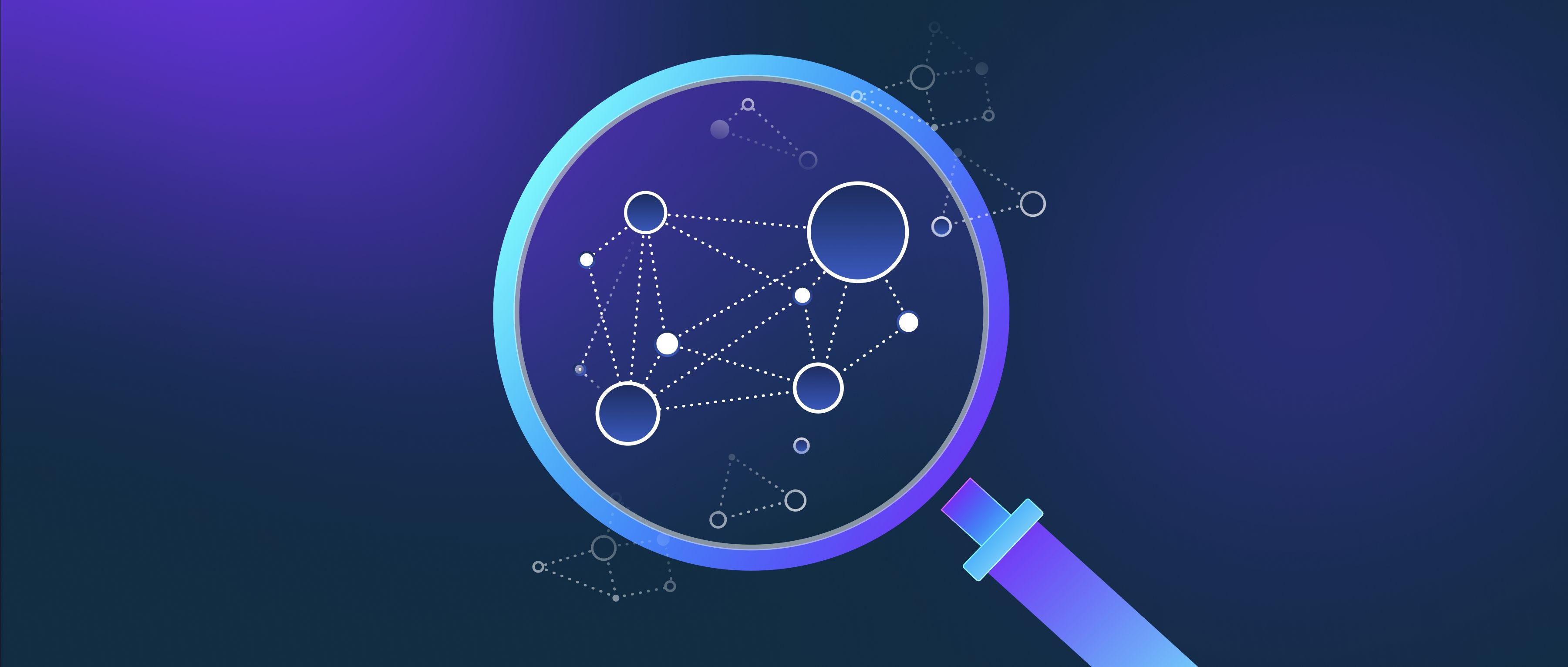Self-play in reinforcement learning (RL) is a training method where an agent learns by playing against itself, rather than interacting with external opponents or environments. This technique allows the agent to improve its performance by continuously creating new scenarios and challenges as it learns. By competing against its own past iterations, the agent can adapt strategies and find weaknesses in its previous behaviors, which is particularly useful in environments where designing opponents is difficult or impractical.
For example, in games like chess or Go, self-play can be utilized to generate a vast number of games where the agent learns from both winning and losing positions. A well-known implementation of this concept is AlphaGo, which trained itself by playing millions of games against different versions of itself. Through this process, AlphaGo was able to refine its strategies and develop innovative moves that human players had not considered. The agent can progressively improve, discovering optimal techniques while exploring diverse play styles, which leads to a more comprehensive understanding of the game mechanics.
Self-play is not limited to games; it can also be applied in other areas where an agent needs to learn and adapt. In robotics, for instance, a robot could use self-play to master tasks in a simulated environment where it practices picking up objects or navigating through obstacles. By iterating through various scenarios and configurations, the robot can learn from its successes and mistakes without requiring a human instructor or real-world feedback, which can be costly and time-consuming. This approach fosters more robust learning and accelerates the development of intelligent agents across various domains.
